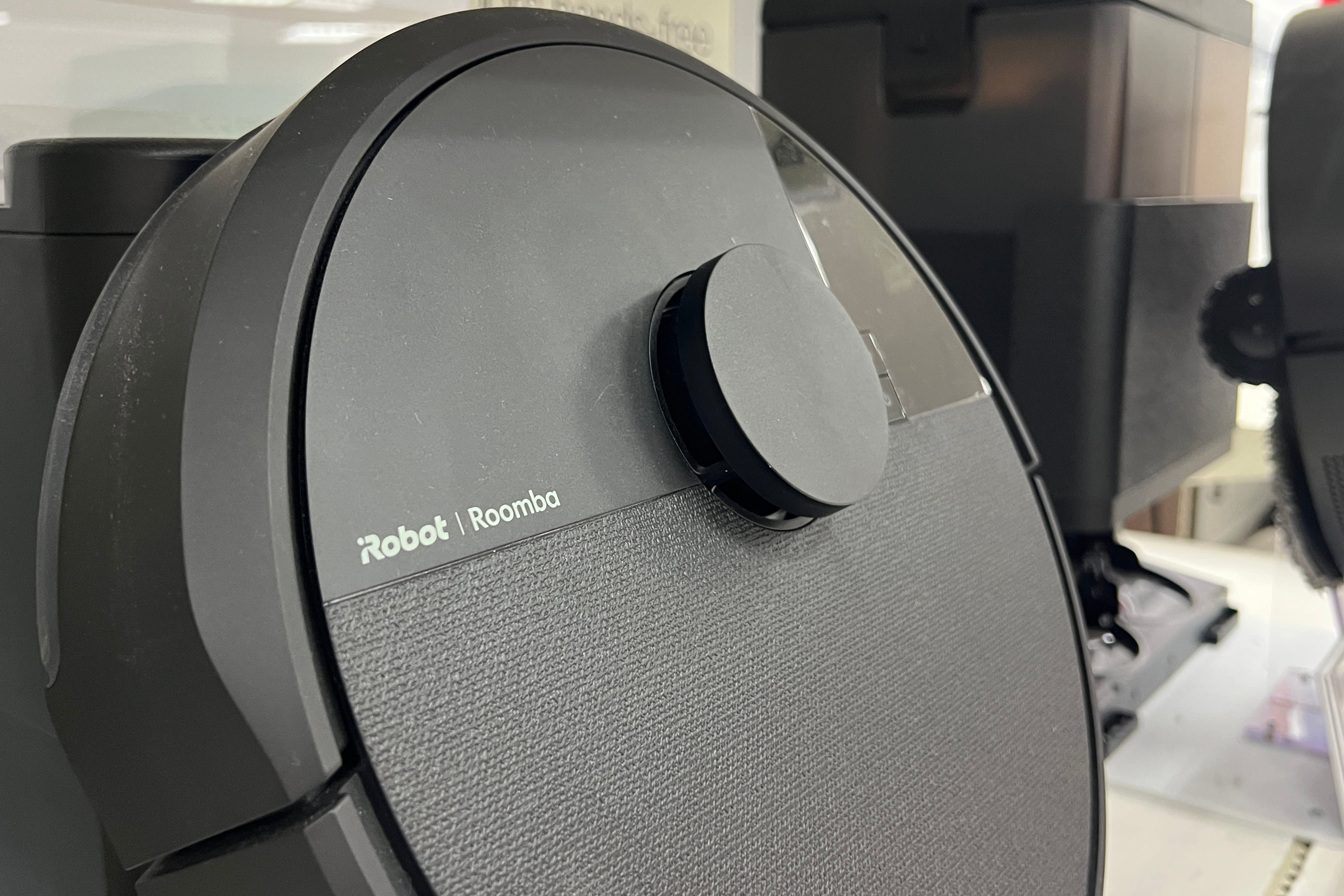Google Ireland’s bid to challenge the Data Protection Commission’s (DPC’s) decision to probe complaints the internet giant’s processing of personal data should be heard on notice to the DPC, a High Court judge has decided.
Google Ireland claims the DPC’s inquiry is flawed and has brought High Court judicial review proceedings aimed at quashing the decision to commence an inquiry under the 2018 Data Protection Act.
The DPC commenced its single complaint inquiry last October on foot of six separate complaints made against the Irish-based supplier of Google’s services in the European Economic Area by consumer agencies in Spain, France, Slovenia, Norway, and Greece and the Czech Republic.
The DPC’s inquiry concerns the examination and assessment of issues including if Google has complied with its transparency obligations regarding the processing of personal data as part of the registration process when setting up a Google account, and the consents given by users during the sign-up.
READ MORE
The inquiry also concerns Google’s compliance with various articles of GDPR, the EU law that protects personal data rights in respect of the processing of personal data during the registration process when setting up a Google account.
The inquiry further proposes to probe whether the consent obtained through key choices presented to individuals for consent in relation to web and App activity, You Tube history and Ad Personalisation at the point of sign up for a Google account satisfies various GDPR requirements.
Represented by Paul Gallagher SC and Caren Geoghegan SC Google Ireland claims that the decision is flawed on several grounds including that the DPC failed before establishing the inquiry if the complains were validly made or are admissible.
Google Ireland also claims that that the DPC failed to verify the Google account identifier, such as the email accounts, of each of the data subjects making the complaints.
It is also claimed that the decision to commence the inquiry was made in breach of Google Ireland’s right to fair procedures, and that the DPC has failed to give reasons for its assessment that the complaints are such that they allow the commission to open an inquiry.
In its action against the DPC, Google Ireland seeks various orders, including one quashing the decision of October 23rd to open the inquiry, and various declarations.
The declarations including that by commencing an inquiry DPC has acted outside of its powers, and has acted in breach of Google Ireland’s rights to fair procedures.
It is also seeking a stay on the investigation until the High Court has determined the action.
Google Ireland says it wrote to the DPC outlining its concerns regarding the validity and admissibility of the DPC’s complaints, the material scope of the inquiry and the confidentiality and use of material provided by the applicant to the commission.
In reply the DPC said Google Ireland was looking for information not present in the complaints and said that it would engage with the consumer associations to get additional information.
Google Ireland then made an offer to the DPC that it would not bring any proceedings in regards to the issues it had raised until the DPC had provided a substantive response to the issues the applicant had raised.
In return it claims it asked the DPC to allow it further time in which to bring a court challenge against the decision to commence an inquiry.
The DPC, Google Ireland claims, rejected that offer.
When the case came before the High Court on Monday Ms Justice Niamh Hyland said that she was not prepared to grant Google permission at this stage to bring its proceedings against the DPC.
The judge directed that the ‘leave’ application be heard in the presence of lawyers for the DPC.
This the judge said could help resolve the issues raised by Google in its correspondence with the DPC, and the case will be back before the court in a matter of weeks.
The judge noted that in correspondence the DPC was attempting to address certain issues raised by Google Ireland.
Putting the application on notice may help to expedite the proceedings, the judge added.
While the judge noted the applicant’s opposition to this course of action, the court said Google Ireland would not suffer any prejudice by having to apply for leave on notice to the respondent.
- Sign up for push alerts and have the best news, analysis and comment delivered directly to your phone
- Find The Irish Times on WhatsApp and stay up to date
- Our In The News podcast is now published daily – Find the latest episode here














